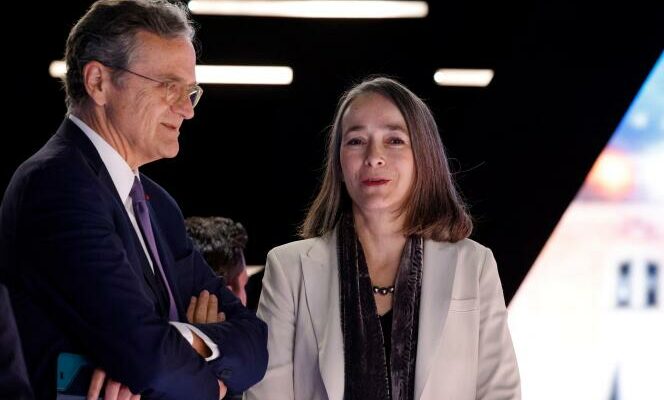The dispute over sectors prohibited from advertising on television – mass distribution, cinema, literary publishing – is not new but it has resurfaced in recent days. The publication, Tuesday January 30, of a study commissioned by the Regulatory Authority for Audiovisual and Digital Communication (Arcom) and by the Ministry of Culture, as well as the resulting public consultations, have ignited the powder. Some players in the written press and radio media criticize the regulatory authority in particular for being a stakeholder, defending the wishes of the audiovisual sector.
“We have the feeling that the match is already played”, deplores Pierre Petillault, general director of the General Information Press Alliance (APIG), bringing together national and regional dailies, as well as regional weeklies. Mr. Petillault does not digest the opening of a public consultation on a possible authorization of advertising for literary publishing on television. Furthermore, a perpetuation of television advertising for cinema is studied, although no decision has been announced yet. TV spots promoting films have been tested since 2020 and until April 2024.
In mid-January, the APIG had already sent a blank note to the Ministry of Culture and several parliamentarians to raise awareness on the subject. “Reckless deregulation would expose news financing to massive risk”, pointed out this note, recalling that mass distribution represents 20 to 40% of the advertising revenue of the regional press. Same outcry from independent radio stations. Christophe Schalk, president of the Union of Independent Radios (Sirti), fears “a weakening of local media present in all territories, and therefore of information and culture”if a possible evolution saw the light of day.
“Feeding the public debate”
As for the study, commissioned by Arcom and the Ministry of Culture (and carried out by the PMP Strategy firm), it is seen as a pretext for a rebalancing of the market in favor of television. In fact, it is worrying for traditional media because it predicts that almost two thirds of advertising revenue in 2030 will be captured by digital players (65%). This share was only 25% in 2012 and 52% ten years later. Four platforms – Meta (Facebook, Instagram and WhatsApp), Alphabet (Google and YouTube), Amazon and ByteDance (TikTok) – could thus total 45% of this advertising revenue. At the same time, advertising revenue could decline by 1% for radio, 1.4% for television, and up to 5.4% for the press.
You have 30% of this article left to read. The rest is reserved for subscribers.
